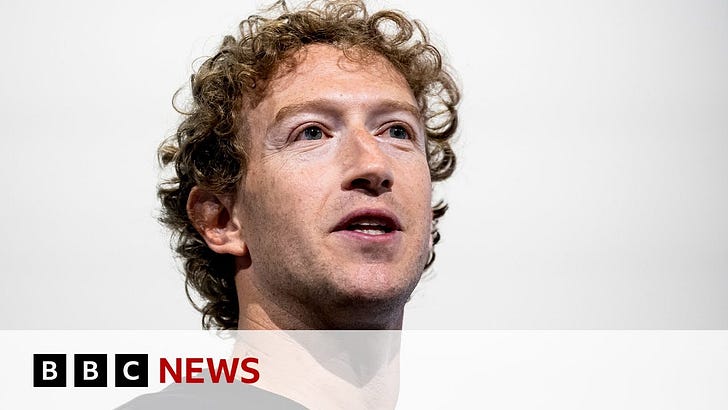Meta's dirty little secret: why content moderation is failing
How AI is silencing dissents online
The internet: a vast, untamed wilderness where information flows freely, and truth often hides in the shadows.
In this digital Wild West, fact-checkers and content moderators are the sheriffs, tasked with keeping the peace and protecting us from the dangers of misinformation.
But who watches the watchmen?
Meta's recent admission of faulty content removal raises a thorny question: can we truly rely on algorithms and AI to police the complexities of human expression?
And what happens when these systems, designed to protect us, become tools of censorship, silencing voices and shaping narratives?
The role of fact-checkers and content moderators in the digital age is a complex and often contentious one.
While they serve a crucial function in combating misinformation and harmful content, their actions can also be perceived as censorship, especially when algorithms and AI tools are involved.
The inherent subjectivity in determining what constitutes "harmful" or "misleading" information adds another layer of complexity.
As we've seen with Meta's admission of errors in content removal, even the most well-intentioned systems can make mistakes.


